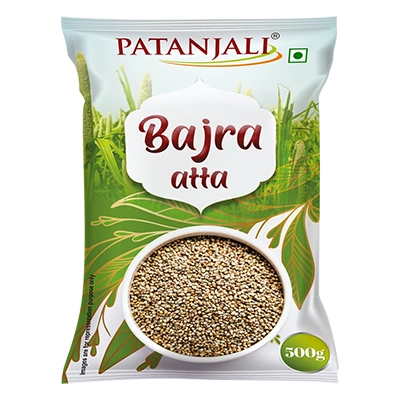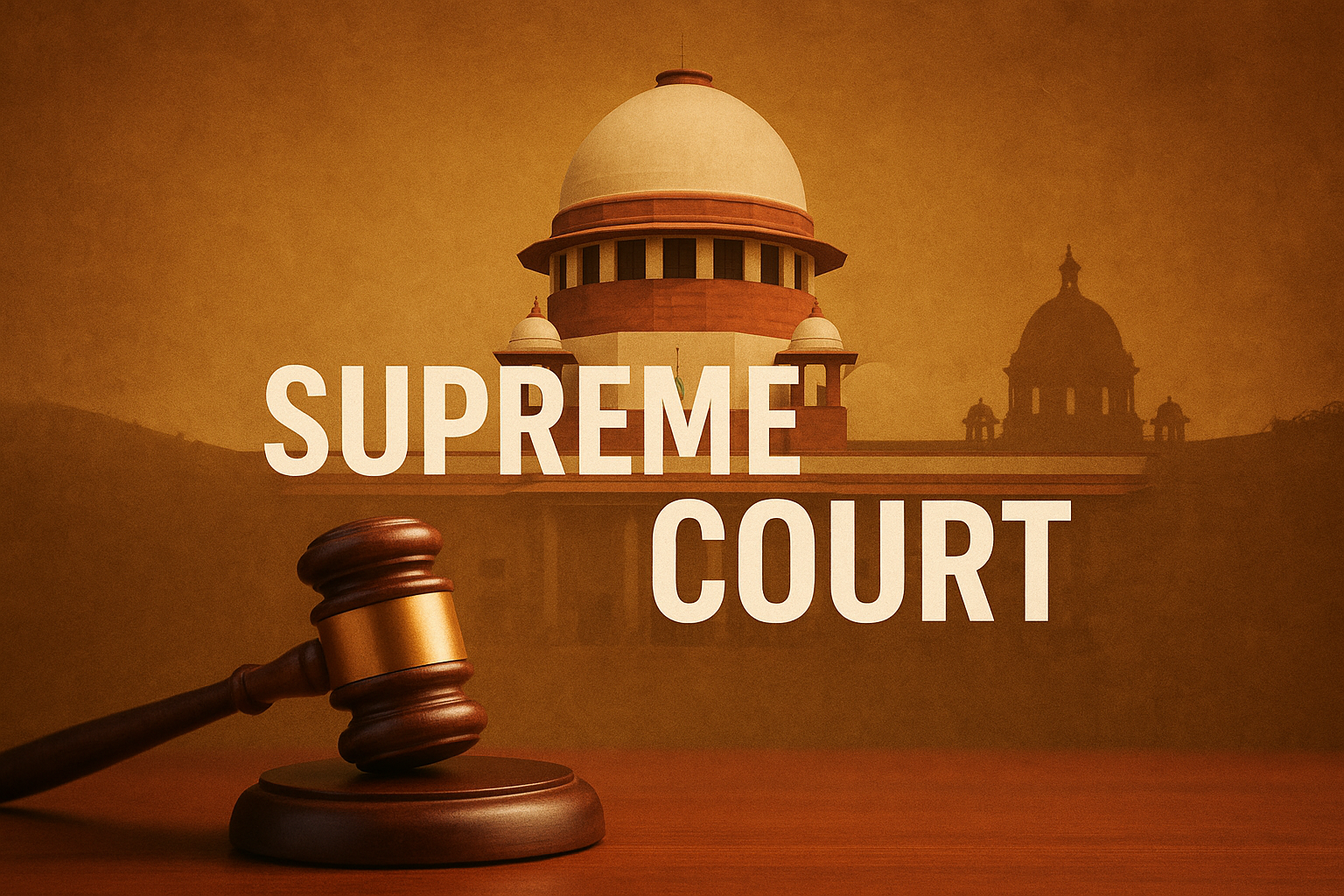The Supreme Court on Friday granted temporary relief to Patanjali Ayurved Limited by halting the recovery of a ₹273.5 crore Goods and Services Tax (GST) penalty. The court also agreed to review the company’s appeal against the Allahabad High Court ruling that upheld the penalty.
A bench comprising Justices PS Narasimha and AS Chandurkar issued notices to the Union government and the Directorate General of Goods and Services Tax Intelligence (DGGI), seeking their response to Patanjali’s petition. The stay order will remain in effect until further directions from the court.
How the Penalty Came About
The case traces back to a DGGI investigation into alleged irregularities in Patanjali’s business dealings. Authorities claimed the company was connected to entities with unusually high Input Tax Credit (ITC) usage but lacking proper income tax records.
According to investigators, Patanjali played a central role in a circular trading arrangement—issuing and receiving tax invoices without any actual exchange of goods. This allegedly enabled the wrongful claiming and transfer of ITC.
On April 19, 2024, the DGGI served a show cause notice proposing a ₹273.51 crore penalty under Section 122(1), clauses (ii) and (vii) of the Central Goods and Services Tax Act, 2017 (CGST Act).
Developments Before the High Court
On January 10, 2025, the adjudicating authority dropped the tax demand under Section 74 of the CGST Act after concluding that Patanjali’s sales consistently exceeded its purchases and that all ITC claimed was duly passed on.
Despite this, officials continued with the penalty proceedings under Section 122, stating that these penalties operate independently of the dropped tax demands.
Patanjali challenged the penalty in the Allahabad High Court, arguing that:
- Penalties under Section 122 are criminal in nature and require a criminal trial.
- Departmental officers have no authority to impose such penalties.
- Once Section 74 proceedings were dropped, the penalty could not stand.
On May 29, 2025, the High Court rejected the petition. It ruled that penalties under Section 122 are civil in nature and fall within the jurisdiction of GST officers. The court relied on the Supreme Court’s Gujarat Travancore Agency precedent, which differentiates between civil tax penalties and criminal punishments.
Supreme Court’s Role Now
Patanjali then approached the Supreme Court, raising three critical legal questions:
- The scope and nature of penalties under Section 122.
- The authority of GST officers to impose such penalties.
- The effect of dropping related tax demands under Section 74.
After hearing the initial submissions, the apex court issued notices to the concerned authorities and stayed the penalty recovery.
Senior Advocate Arvind P. Datar and Advocate Raj Kishor Choudhary represented Patanjali in the matter.
The stay sets the stage for a deeper judicial review, where the Supreme Court will decide whether the penalty proceedings under GST law were legally sustainable.





